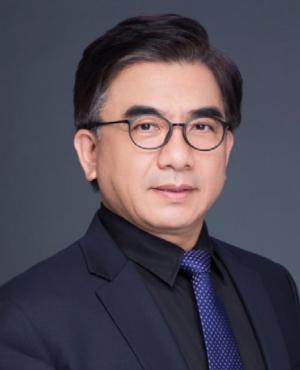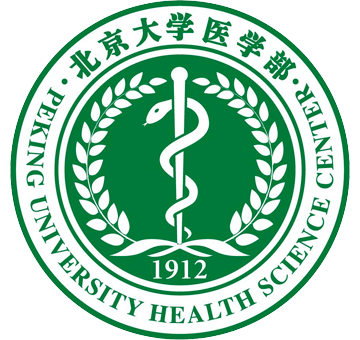
Joshi Alumkal, PhD

Hongquan Zhang, PhD
JI Program: Cancer and Precision Health
Project Status: Active/Ongoing
Lineage plasticity (LP) is a biological process that promotes cellular adaptation to stress and can result in change in cellular state or identity. LP occurs on a continuum, ranging from epithelial to mesenchymal transition (EMT) to a more dramatic shift in differentiation program. Importantly, LP is increasingly recognized as a particularly virulent mechanism of treatment resistance in cancer through our work and others’. LP occurs de novo or under the pressure of therapies—particularly those that block factors that are critical for promoting a default lineage program of a cell. The prostate and breast are both hormonally-responsive tissues, and nuclear hormones receptors—the androgen receptor (AR) in prostate cells and the estrogen receptor (ER) in breast cells—are critical for proliferation and differentiation of these tissues. Because of this, hormonal therapies that block the AR or ER are the principal treatment for each disease. In prostate cancer, the incidence of LP has increased in recent years due to widespread use of novel, potent AR signaling inhibitors (ARSIs). Further, transition of tumors after ER inhibitor treatment from ER-positive to ER-negative is also commonly seen . Based on these observations, we postulate that there are commonalities in the molecular mechanisms that underlie LP in prostate and breast cancers. There are no effective therapies for patients whose tumors have undergone LP. Thus, there is a clear need to improve our understanding of key tumor-intrinsic and microenvironmental mediators of LP so that new treatment approaches can be developed.


